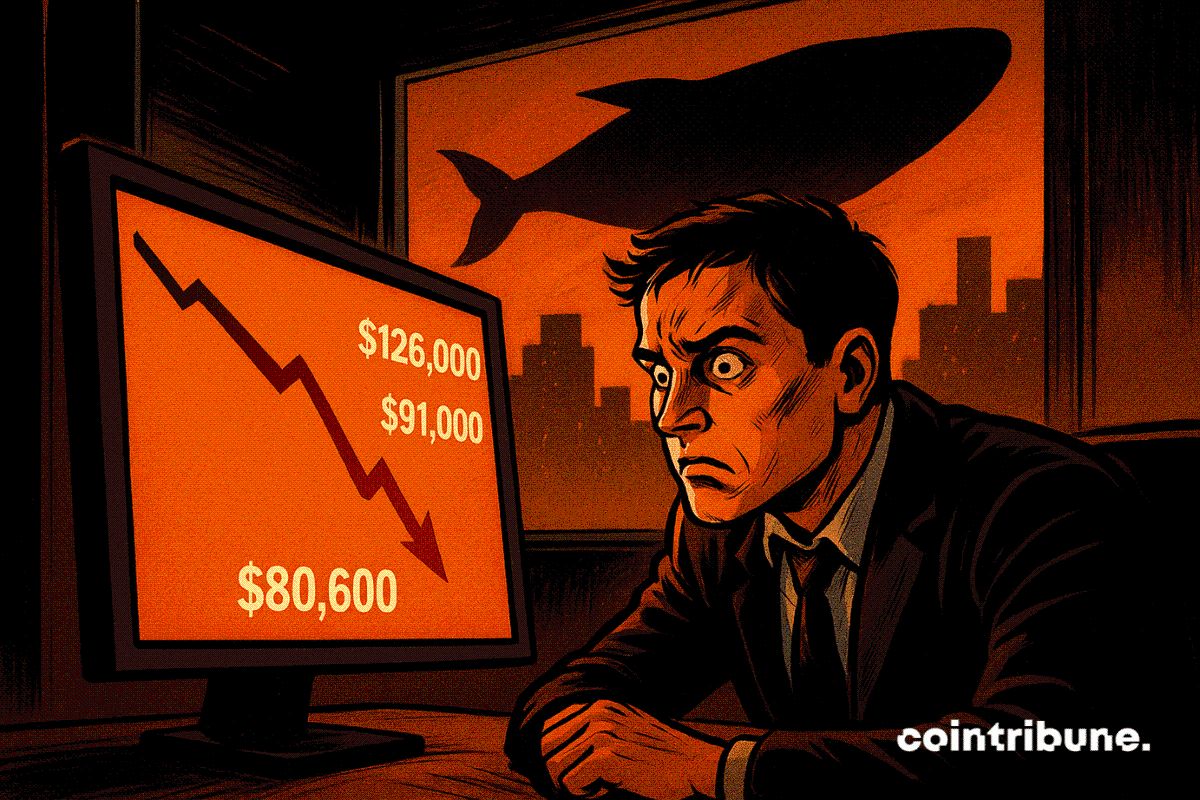Hyperliquid responds to community concerns over validator issues
Quick Take Hyper Foundation responded to allegations that validator seats on the Hyperliquid network could be purchased, clarifying that all validators were selected based on their performance during the testnet phase. Critics have raised concerns about excessive centralization and a lack of transparency within Hyperliquid’s validator setup.

Hyper Foundation, which oversees the Hypeliquid perpetuals trading platform and Layer 1 blockchain, addressed concerns about its network validators.
Central to these concerns are allegations that seats for validators on the platform are for sale and that the network exhibits excessive centralization. Hyperliquid is a decentralized perpetual futures exchange built on its Layer 1 blockchain with 16 validators currently.
In a detailed post on X, Hyperfoundation clarified that all validators on the Hyperliquid network were selected based on their performance during the testnet phase. The organization firmly denied allegations that validator seats can be purchased.
The foundation’s response follows heated discussions on social media and online forums, particularly on X.com. Critics have argued that Hyperliquid’s validator setup lacks transparency and decentralization due to its operations' low number of validators and perceived opaqueness.
"There is no way to buy a seat at the table, and claims otherwise undermine the efforts of the validators who dedicated time and effort to understanding the system," the post stated.
The foundation reiterated its focus on decentralizing its network, noting that its validator pool will grow as the network develops. The network currently has 16 validators. It previously announced a token delegation program to support high-performing validators and improve network decentralization.
Hyperliquid launched its HYPE token in November 2024 through a token generation event and a community airdrop. It distributed 31% of the total supply (310 million tokens) to early supporters and active users.
The token price surged after the airdrop, reaching an all-time high of $35.73 on December 21, 2024. Since then, it has come down 40% to around $21 at the time of writing.
The market cap of HYPe is currently around $7.3 billion, with a fully diluted valuation of over $21 billion. The circulating supply is about 333 million HYPE tokens.
Grievances about closed-source code and single-binary system
Community members previously expressed concerns about the network’s closed-source node code and reliance on a single-binary system. Hyperfoundation acknowledged these concerns but defended its approach. "Yes, the node code is currently closed source, but open sourcing is important," the post stated, emphasizing the importance of open sourcing. The statement added that Hyperliquid operates at a pace and scale far exceeding most projects and that the code will be made open source when it is secure to do so.”
Regarding the single-binary system, the foundation noted that this approach is not uncommon, even among established networks. "There is currently one binary, but even very mature networks like Solana have the vast majority of validators running a single client," the post explained.
Disclaimer: The content of this article solely reflects the author's opinion and does not represent the platform in any capacity. This article is not intended to serve as a reference for making investment decisions.
You may also like
How much is ETH really worth? Hashed provides 10 different valuation methods in one go
After taking a weighted average, the fair price of ETH exceeds $4,700.

Dragonfly partner: Crypto has fallen into financial cynicism, and those valuing public blockchains with PE ratios have already lost
People tend to overestimate what can happen in two years, but underestimate what can happen in ten years.

Balancer Rallies to Recover and Redistribute Stolen Funds After Major Cyber Attack
In Brief Balancer plans to redistribute $8 million to users after a massive cyber theft. The recovery involved crucial roles by white-hat researchers rewarded with 10% incentives. Unclaimed funds will undergo governance voting after 180 days.

Bitcoin Faces Renewed Selling Pressure as Whale Deposits Spike and Market Fear Deepens

